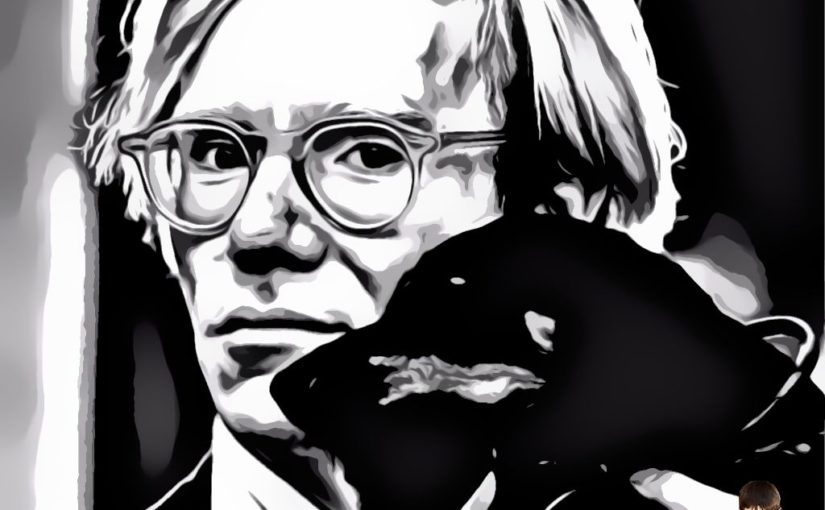Even people who understand cryptocurrencies and blockchain will admit that they can seem complicated, even at the best of times.
However, they are a big part of the world right now and most of us know that they are here to stay.
That being said, there are certain areas that have been slow to catch-up to this new and exciting technology.
Business schools and universities are getting to grips with this new movement now, but few would describe them as ‘up with the pace’ of cryptocurrencies or bitcoin.
The Financial Times has reported that these organisations are jumping to get courses that can give curious minds information on cryptocurrencies and blockchain technology, because there has been a huge surge in demand for these subjects to be put on curriculums.
Since bitcoin’s value went through the roof late last year, there has been a huge boost in demand for courses specialising in this area. It’s no surprise to see this demand surge, as this technology moves from the fringes of industry into mainstream society.
Organisations within industries ranging from banking to the motor industry are looking into how blockchain can work for them.
David Yermack, professor of finance and business transformation at the New York University Stern School of Business, told the Financial Times: “This is moving much faster than people expected. Business schools will have no choice but to update curriculums.”
Yermack detailed that the latest course in cryptocurrencies and blockchain within the MBA programme 230 students enrolled in it.
Jens Martin, programme director at the University of Amsterdam Business School, which offers a blockchain and cryptocurrencies course on its master in international finance, also told the FT that she believes this element of industry is going to continue growing.
She said: “The increase in value in the cryptos played a large part in the increase in public interest. However, we feel that the finance industry is very interested in the technology itself and the possibilities it offers. We see many applications not only from people with a banking background, but a more diverse group who are interested in applying these concepts to finance.”
This increased interest has seen a huge rise in the purchase of initial coin offerings (ICOs), as investors are doing their best to find the next bitcoin.
Courses in this technology can only help those trying to do this.







